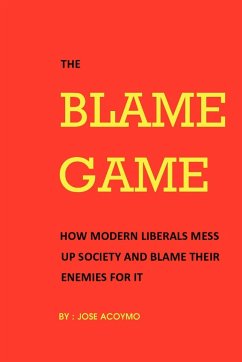Structured around a striking conceit -- the murder of a husband by his wife -- this provocative book explores the heady relationship between mental states such as desires, beliefs, emotions, and above all, intentions -- along with the normative assessment of wrongdoing. Depending on Patricia's mental state and beliefs, her degree of guilt for killing her husband will vary. If, for example, she set fire to her apartment fully intending to kill her husband, she would be deemed more blameworthy then if the fire was an unavoidable accident. Culpability, the author argues, is commonly confused with other issues such as responsibility, accountability, and liability, but it is really concerned exclusively with the intentional mental states that exist in the mind at the point of action. Zaibert also offers a history of the theory of culpability, and gives a fascinating analysis of the beliefs and emotions associated with blaming others.
Hinweis: Dieser Artikel kann nur an eine deutsche Lieferadresse ausgeliefert werden.
Hinweis: Dieser Artikel kann nur an eine deutsche Lieferadresse ausgeliefert werden.








